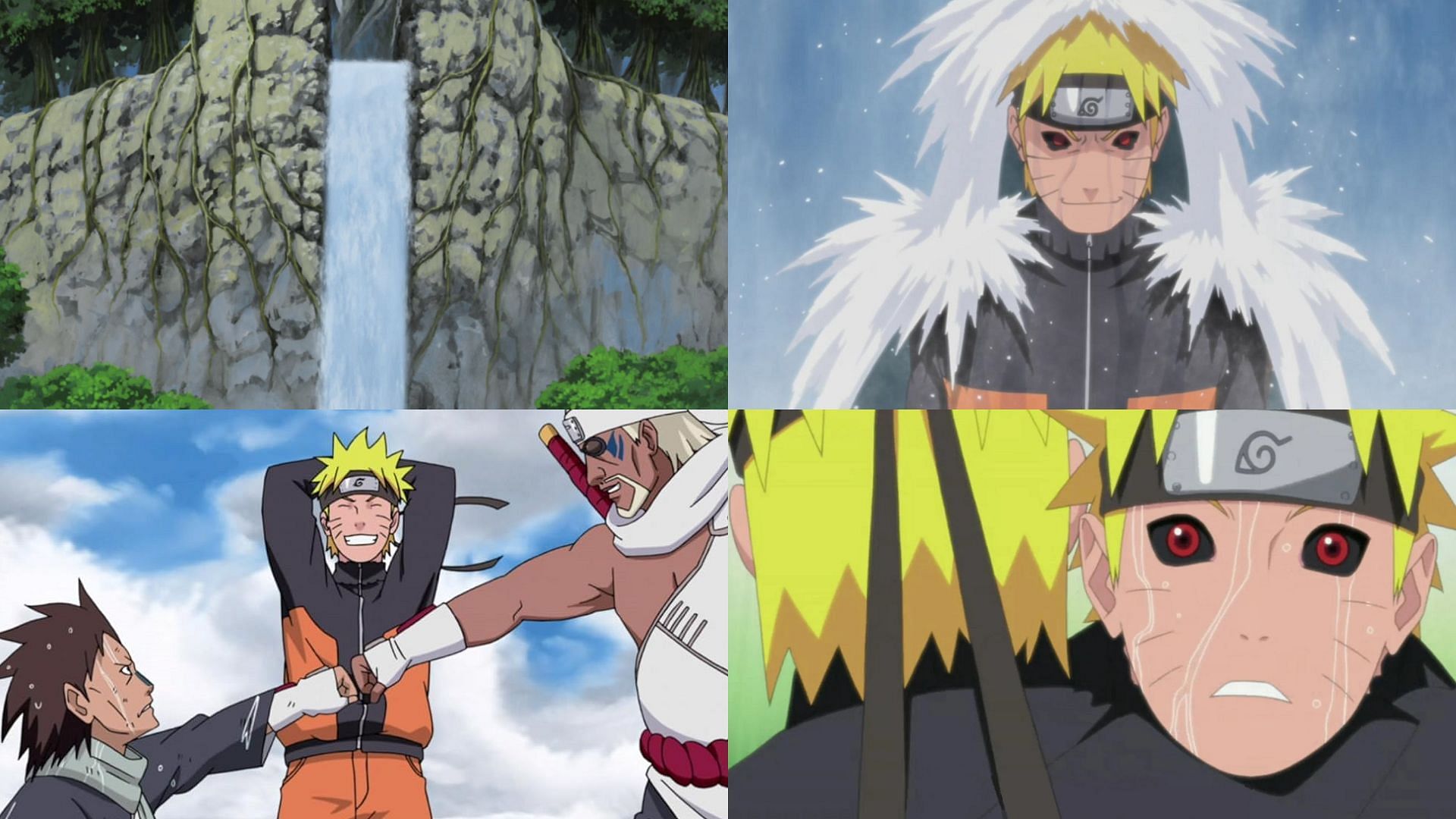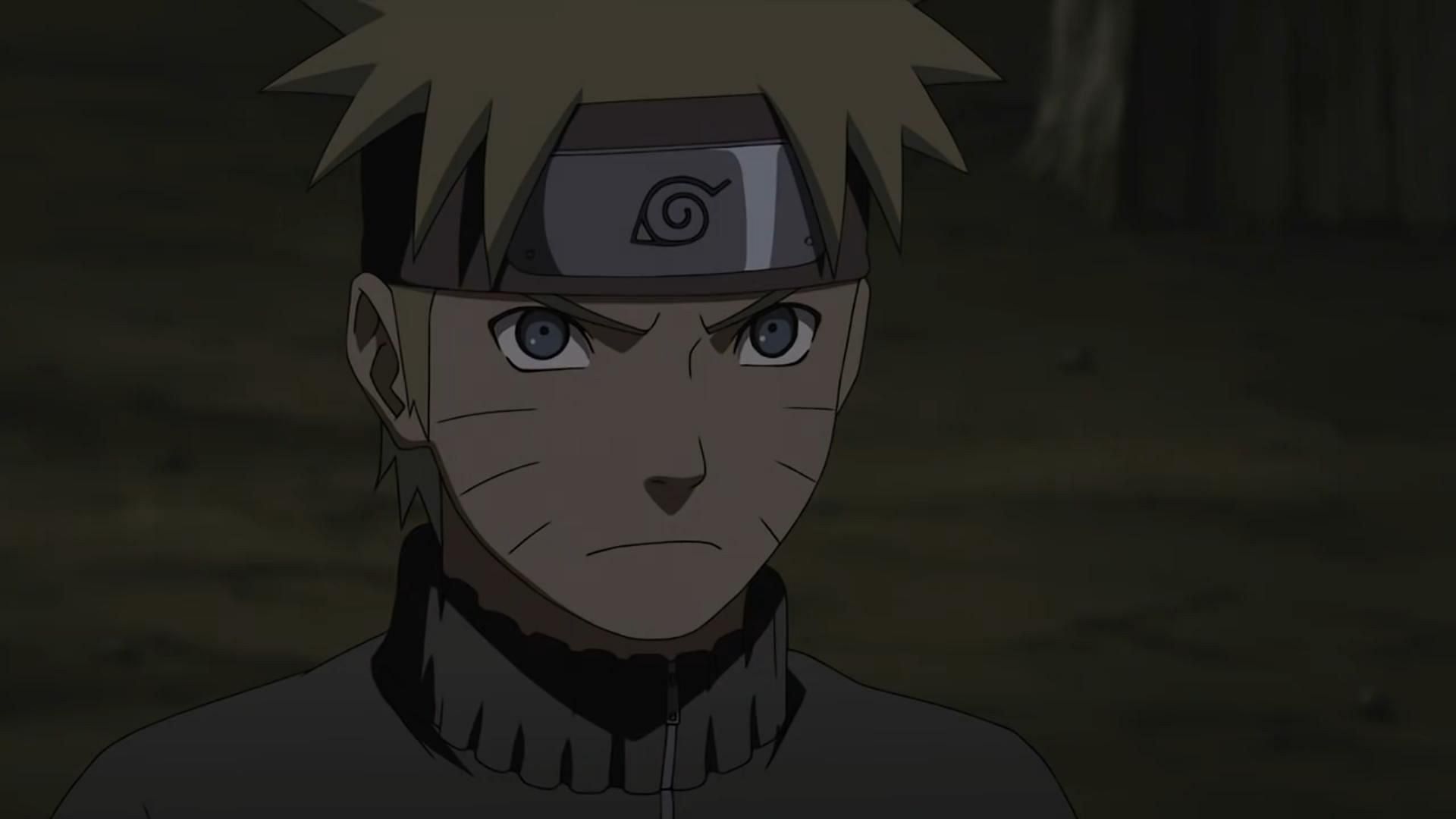
Naruto Uzumaki Reveals Unforgettable Life Lessons!

Naruto Uzumaki's most valuable lesson: Embrace Yourself! Masashi Kishimoto's iconic shonen series delivers heartfelt sentiments and empowering life lessons, urging readers to fully accept and embrace their true selves Dive into the Falls of Truth in the Land of Lightning and uncover Kishimoto's powerful message of self-acceptance
The Naruto series by Masashi Kishimoto is a timeless classic in the shonen genre, filled with deep emotions and important life lessons. It emphasizes the significance of safeguarding relationships, empathizing with others' struggles, and exhibiting unwavering perseverance in the face of adversity.
Within this franchise, numerous characters serve as sources of inspiration, each with their own relatable narrative. However, none personify Kishimoto's beliefs more effectively than the central protagonist, Naruto Uzumaki. Despite enduring personal hardships and feeling isolated, this young shinobi never wavered, constantly striving to find hope even in the bleakest of circumstances.
The importance of fully accepting one's self is perhaps the greatest lesson Naruto taught to its readers
Discover a significant message that Kishimoto conveys through the future Seventh Hokage in this article, serving as a poignant reminder to readers that his story transcends the realm of ninjas, emphasizing the profound ability of human beings to coexist and achieve self-understanding.The Falls of Truth in the Land of Lightning
The Falls of Truth hosted a touching moment (Image via Studio Pierrot)
The lead-up to the Fourth Ninja War comprises of significant events, highlighted by Might Guy's triumphant defeat of Kisame, and Konan's determined struggle to prevent Obito from taking Nagato's eyes.
In anticipation of the upcoming conflict, Naruto embarked on training to master the abilities of the Nine Tails confined within him. To accomplish this, he sought the guidance of Killer B - a seasoned jinchuriki - and honed his skills on the Island Turtle, a colossal turtle dwelling in the Land of Lightning.
To control a Tailed Beast, the initial requirement is to achieve inner peace. In order to do so, the young ninja had to go through the Falls of Truth. This peculiar waterfall served as a gateway to enter one's own mind, requiring intense concentration. It was within this realm that their true self would finally manifest. Any thoughts on dark Naruto?
To control the Nine Tails, the shinobi had to first gain mastery over their inner darkness known as "Dark Naruto." This alternate evil version emerged from the waterfall, and the protagonist engaged in a fierce battle. Despite being the same person, they were perfectly matched in strength.
After listening to Killer B's account from Motoi and witnessing the jinchuriki save Motoi's life, despite previously attempting to harm him, Naruto made the choice to challenge the Falls of Truth again.
As Dark Naruto emerged, the future Seventh Hokage, sporting a self-assured grin, embraced his alter ego, leading to its sudden disappearance. By embracing his own inner darkness, he effortlessly banished it into oblivion.
Expand Tweet
At some point in their lives, everyone has experienced harm or rejection from others, leading them to nurture a darker side within themselves that encompasses their grief, torment, and hatred towards these occurrences. During his childhood, Naruto was harshly labeled as a monster by the inhabitants of Hidden Leaf due to the Nine Tails being sealed inside him, which once wreaked havoc on the village.
Left orphaned and weighed down by solitude, Naruto employed his sadness as a driving force to become stronger and gain the trust of individuals such as Sasuke Uchiha, Sakura Haruno, Kakashi Hatake, Jiraiya, and Tsunade. Subsequent to rescuing the village from Pain, he emerged as a heroic figure in the eyes of all its residents.
However, to achieve genuine tranquility throughout the ninja world, he needed to fully embrace his true identity. Naruto had long denied the existence of a deep-rooted resentment within himself towards those individuals who now perceive him as a hero, yet previously shunned and disregarded him.
Having learned from B and Motoi's experiences, Naruto realizes that suppressing unconscious anger and vengefulness will only amplify it, reaching a point where it becomes uncontrollable. Therefore, Kishimoto's message through the ninja is that in order to truly thrive in life, individuals must embrace even their darkest aspects.
By having faith in themselves and their connections with others, humans can unravel their true identities. That is why Naruto faces his own inner tormentor with a smile and expresses gratitude, acknowledging that it is precisely because of his anger and hatred that he managed to evolve into a superior individual and a more formidable ninja.
Masashi Kishimoto's positive message of self-acceptance
The main protagonist of Kishimoto's story (Image via Studio Pierrot)
Despite his generally childish demeanor, Naruto recognized the importance of negative emotions in personal development, realizing that he couldn't confront the world's animosity without first dealing with his own anger and conquering it.
Naruto's journey in accepting his shadow self as the future Seventh Hokage serves as a valuable lesson, demonstrating his ability to confront and come to terms with his unresolved anger, freeing himself from any unnecessary shame.
After depicting the protagonist's journey through numerous struggles and eventual triumph, Kishimoto skillfully captures the character confronting his inner battles. In a truly captivating moment, Naruto demonstrates that shunning one's shadow is tantamount to despising oneself. Instead, by embracing it, he unlocks a profound understanding of his own identity.
The scene became even more memorable as Dark Naruto was indeed correct. Naruto's twin, dressed in orange, was not a comical exaggeration that threatened harm, but rather an authentic presence that spoke nothing but the truth.
In a mere moment, the animosity the villagers of Hidden Leaf held towards Naruto vanished, replaced by adoration and reverence for him as a courageous hero. This sudden change in their attitude was undeniably hypocritical. It was understandable for Naruto to feel resentful towards this, as it was a completely rational response. Consequently, Naruto found himself unable to triumph in the battle against his dark counterpart, who possessed prior knowledge of all his techniques and attack patterns.
Naruto embracing his dark side will forever be a legendary moment. I can't help but ponder what might have unfolded had Sasuke ventured to the Waterfall of Truth.
The aspiring Seventh Hokage couldn't triumph solely with his ninja skills. He had to transcend his troubled history, recognizing the prevalent hypocrisy and injustice in the world. Yet, the path to conquering personal demons and forging ahead lies in embracing them, while having unwavering faith in one's ability to become the best version of oneself.
Kishimoto allowed his protagonist to confront his dark side as an integral part of his journey, without dismissing it as purely evil or separate from his true nature. Dark Naruto served as a symbol of introspection for the ninja, enabling the main character to effectively address his inner struggles and find inspiration for personal growth.








